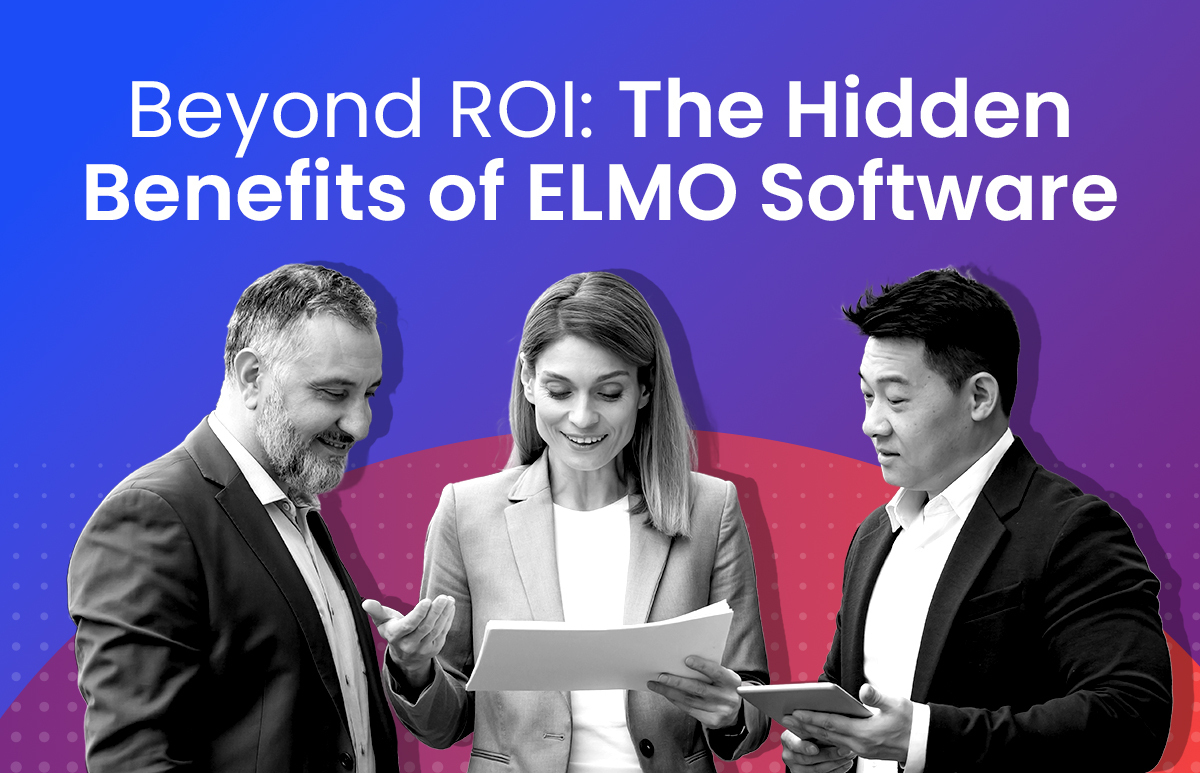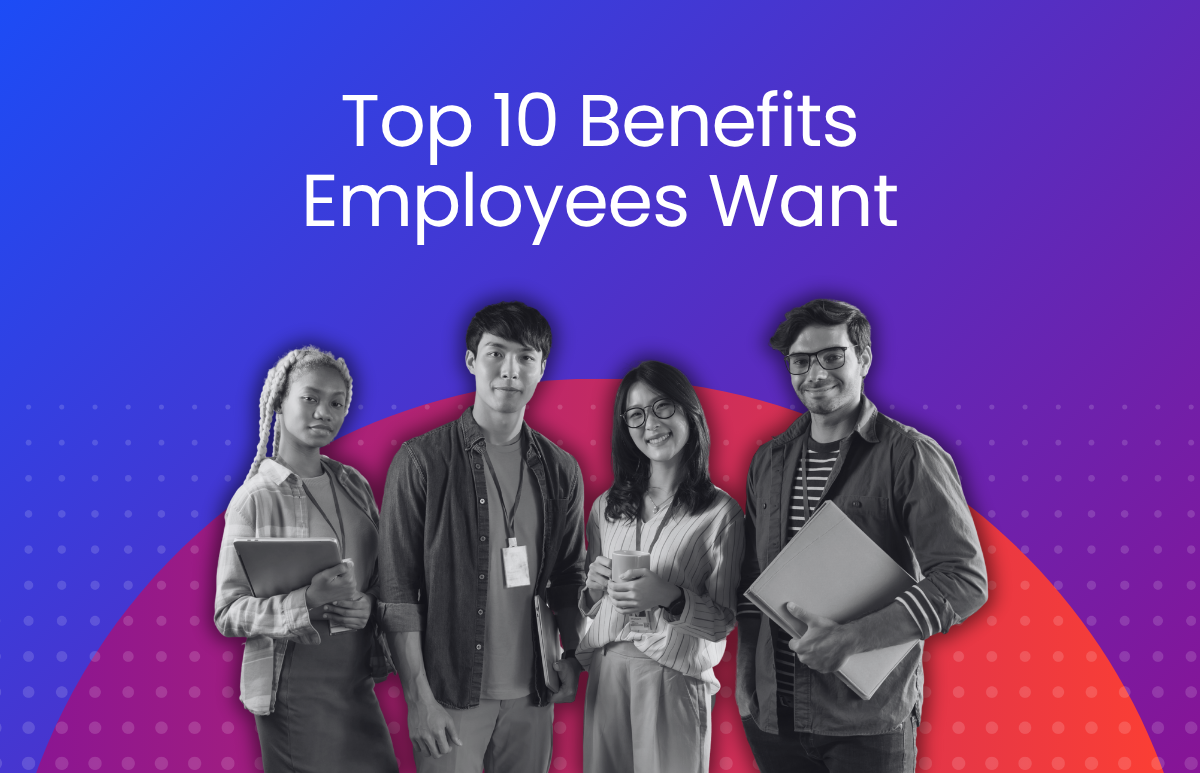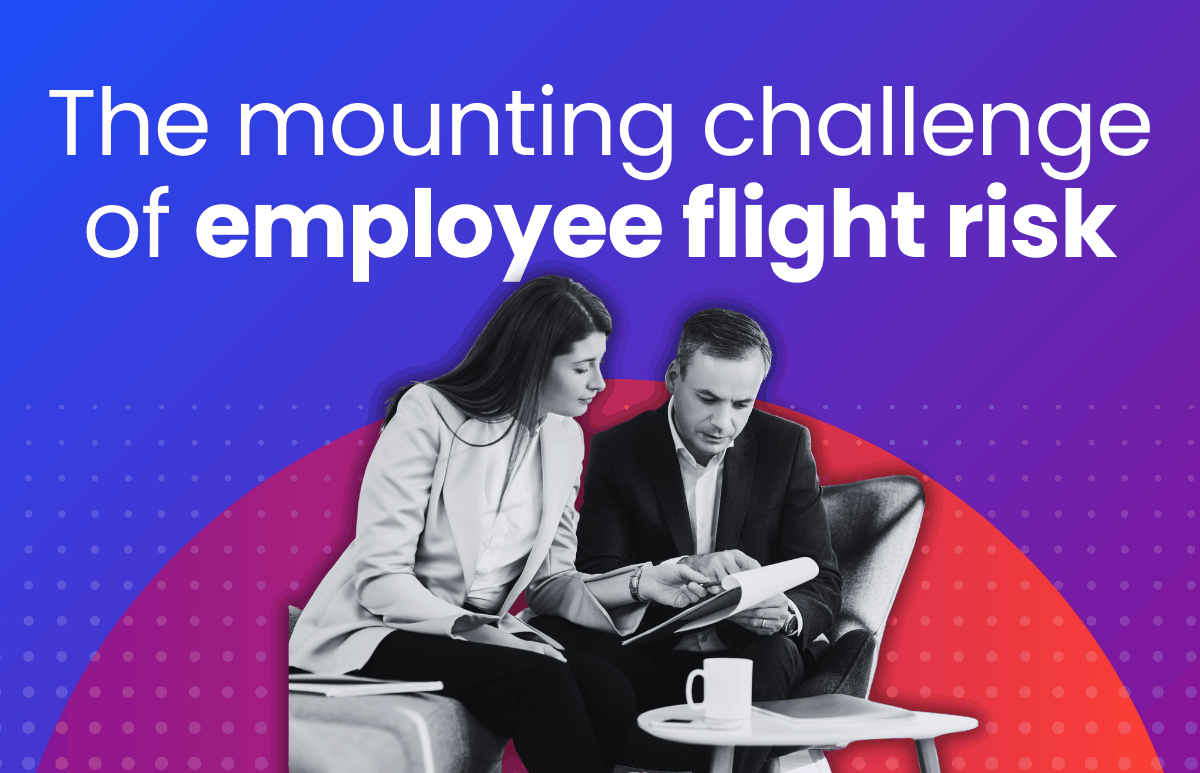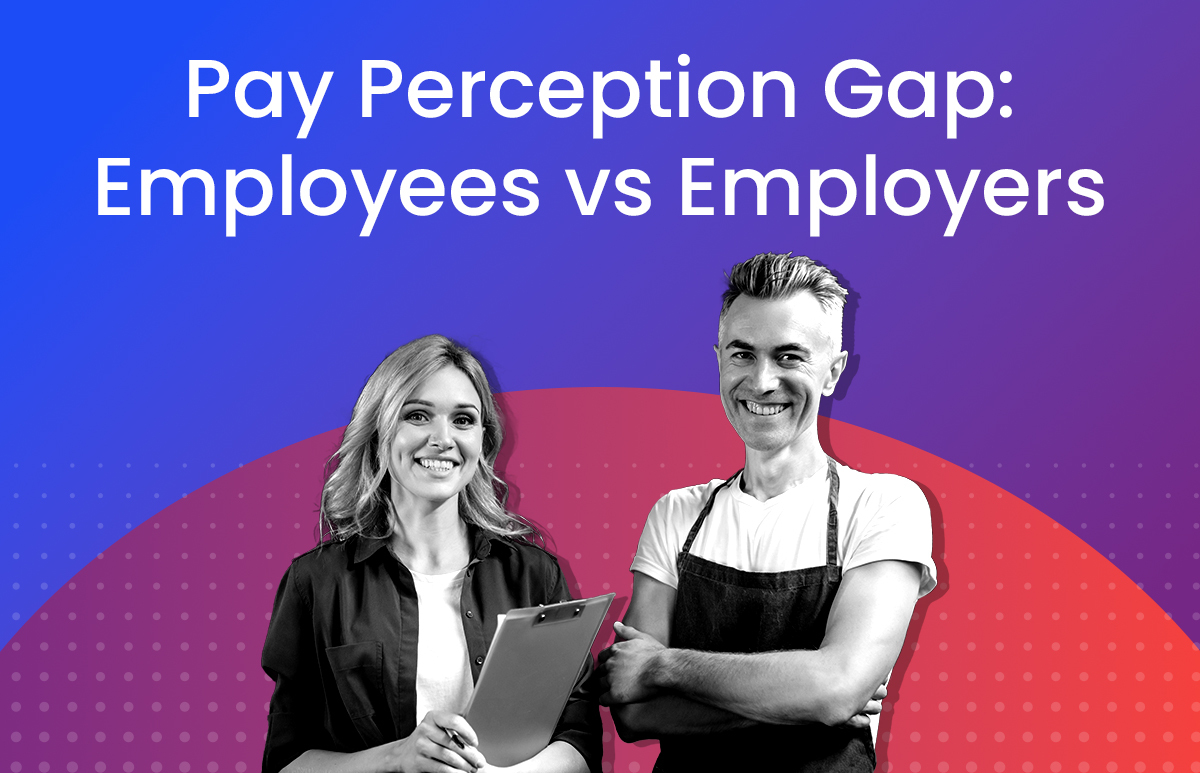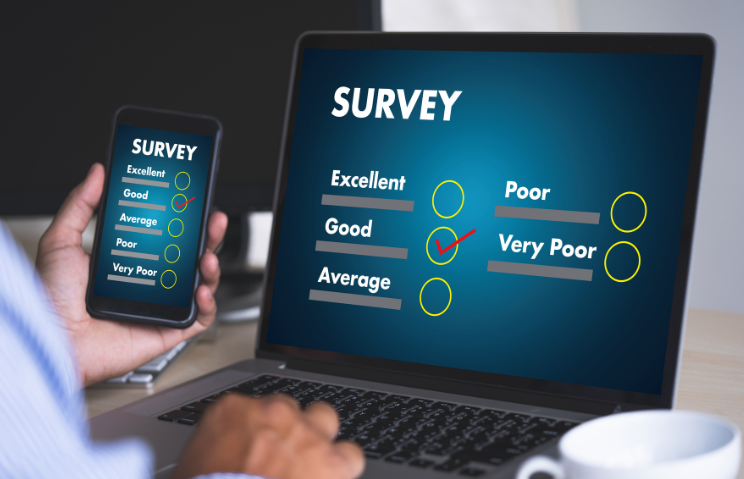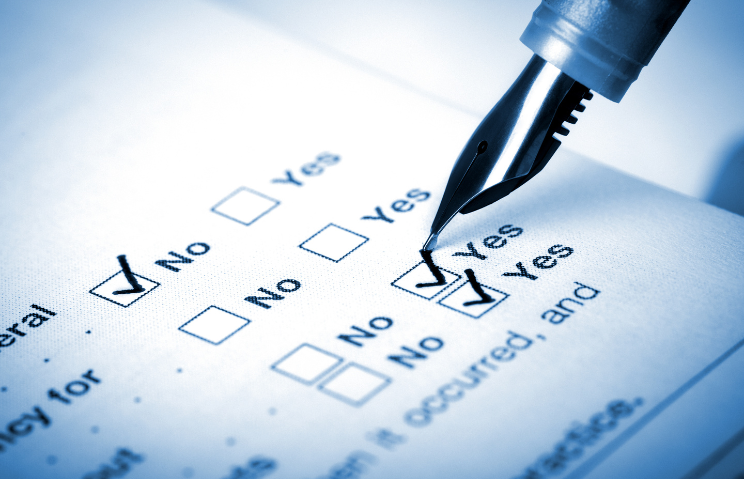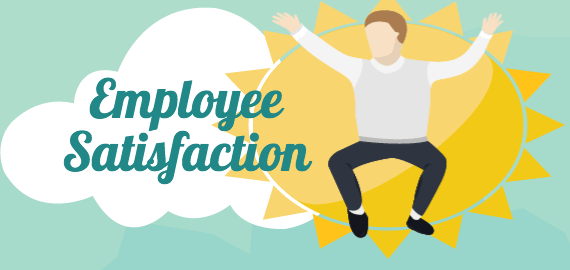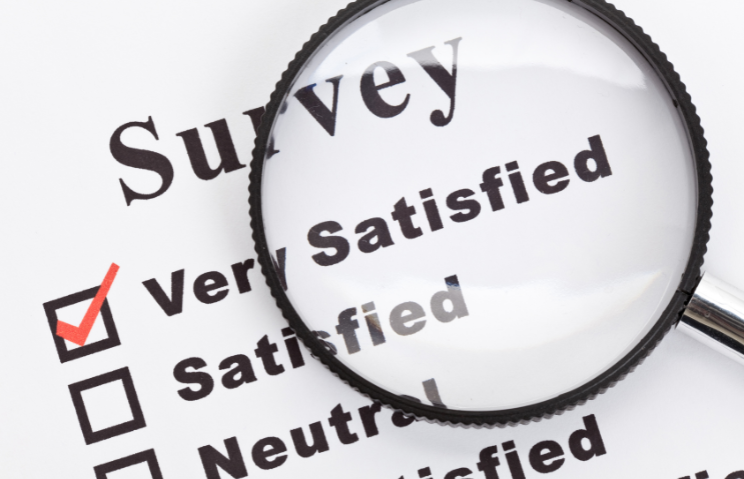The importance of supporting employee mental health: 5 tips for CEOs

Mental health – and importantly the impact of mental illness (e.g. depression, anxiety disorders, bipolar disorder, eating disorders, personality disorders and substance abuse disorders) – is rightfully a widely-discussed topic in societal discourse. However, there are still gaps in the treatment of mental health in the workplace.
Today, such gaps are gulf-like. COVID-19 has negatively impacted mental health and has exacerbated the existing modern-day stressors attributed to mental unwellness. A so-so approach to employee wellness in today’s workplace just won’t cut it.
For tips on how to handle COVID-19 anxiety, read ELMO’s blog.
MetLife’s Employee Benefits Trends Study[1] found that 2 in 3 employees are feeling more stressed since the pandemic began. They cite social distancing and fears of contracting the virus as main causes.
When it comes to social distancing – and with that, remote working – it’s unsurprising that employees are citing poor mental health. Social distancing causes feelings of isolation, which is a primary factor in depression, anxiety and other mental health issues.
On top of that, there are other existing modern-day stressors that have not gone away. Digitalisation and social media is commonly attributed to mental illness. So are climate disasters…Australia has certainly had its fair share in the past year.
What’s more, the threat of an economic downturn has, with a huge nudge from COVID-19, become a reality. For so many, this has meant unemployment and damaged financial wellness.
At a Gartner presentation in February this year, the Vice President for Research & Advisory at Gartner, Aaron McEwan, predicted that mental health will be a huge challenge for businesses this coming year. This prediction was prior to COVID-19. He said, “Psychological injury is harder to overcome than physical injury.”
Gartner cited research by mental health charity Mind, which found that most poor mental health is heavily tied to work. See the results below:[2]
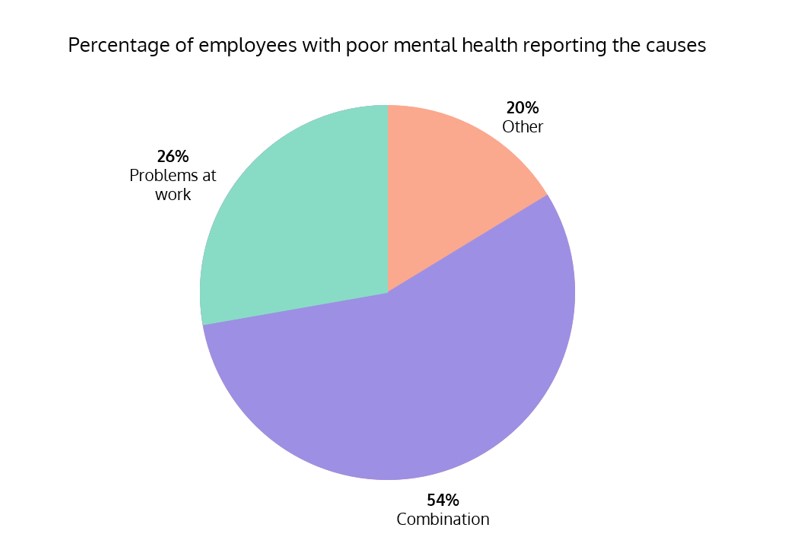
The research found that 80% of employees who reported poor mental health said it had some relation to work, which confirms that a person’s work life has a huge impact on their wellbeing.
Although there are positive signs from the Australian and New Zealand governments that both countries are entering a “recovery” period (i.e. social distancing restrictions are easing and people are beginning to return to their places of work), the return-to-work transition is another huge readjustment that may cause anxiety and fear (e.g. anxiety and fear around commuting on public transport, reinfection, social gatherings, etc.).
For advice on how to inspire a remote workforce during COVID-19 and beyond, read ELMO’s eBook.
Since employers are beginning to ask their employees to return to the workplace, they need to be aware that mental health must be safeguarded. And it’s up to the C-suite to provide that safety net.
What can CEOs do?
Steward change
Breaking the stigma of mental health and stewarding wellness within an organisation is the responsibility of the CEO and their leadership teams. Experts suggest they must amplify the “human” element in their leadership by first recognising the importance of mental and emotional wellbeing and cultivating a culture of openness through change programs and initiatives.
Champion support programs and initiatives
Employee assistance programs (EAPs) are an incredibly valuable tool. Leaders and managers should facilitate such initiatives and partner with other charities and support services to provide their workforce with the help they need – both now and into the future. Just as critically, leaders and managers should be trained on when it’s appropriate to refer someone to an EAP, or to seek expert external help.
Approach wellness holistically
Before COVID-19, the average employee may have experienced hardship in one or two areas of wellbeing. However, the pandemic has impacted multiple areas of wellness. For example, social distancing has impacted social health; redundancies, salary cuts and concerns over job security has impacted financial wellness; the virus has impacted physical health; and the stress of the overall situation has impacted mental wellbeing.
Having a holistic, broad view can help organisations build programs that talk to all aspects of employee wellbeing, thus increasing engagement, productivity and loyalty whilst reducing stress and dissatisfaction. A workforce that is more engaged and united will be better positioned to tackle the challenges posed now and in the future.
Listen to employees
Addressing employee needs is always critical. The senior leadership team must employee every employee. Leaders must ask: what do our employees want right now? What will make them feel better in the short-term and the long-term? Do they want to come back to the office full-time, or would they prefer to work remotely?
People want to work for a caring organisation. So, from a business perspective, turning a blind eye to the seriousness of mental health in the workplace will risk corporate loss (e.g. lost productivity, disengagement and absenteeism) and will damage business reputation. Without the respect of the employees, an organisation will struggle to attract and retain high-performing professionals.
Keep the foot on the pedal
Mental health awareness isn’t just important during times of crisis. The more attuned CEOs are to the wellbeing of their employees – and the more active they are in promoting employee wellness – the more prosperous their business will be. Mental health education and awareness leads to acceptance and positive change.
The battle to fight mental illness doesn’t start and finish with Coronavirus. The senior leadership team must safeguard mental health at work.
ELMO Software Cloud HR & Payroll is committed to promoting wellness in the workplace. Our employees have access to our employee assistance program (EAP) so they can receive full support and counselling when needed. For further information about how we engage our employees, read Top Employee Engagement Tips.
[1] MetLife’s Employee Benefits Trends Study (EBTS), 2020
 HR Core
HR Core 